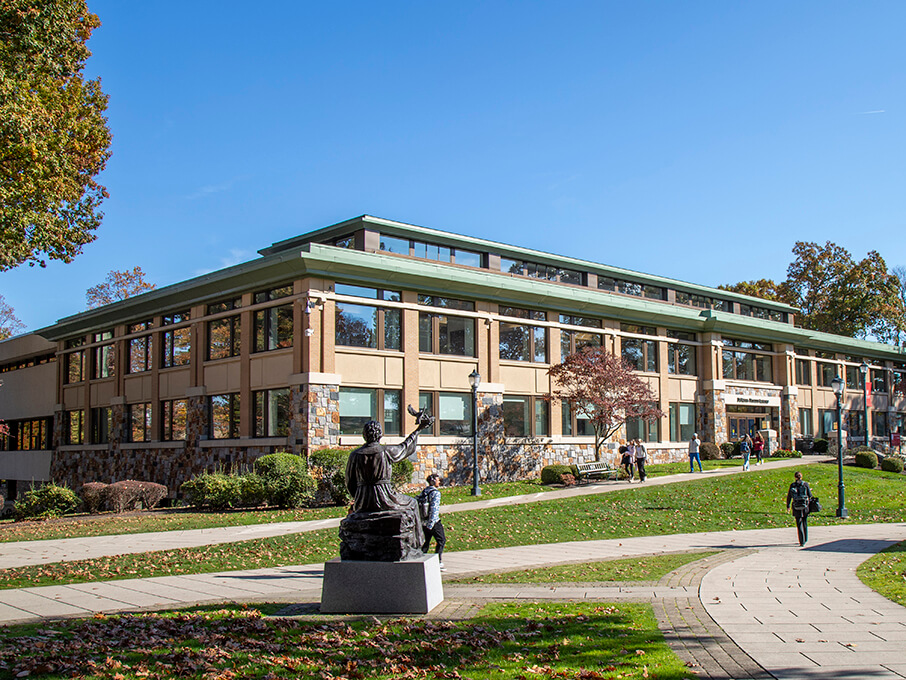Grounded in Fairfield University's Jesuit, Catholic mission to share its intellectual resources for the betterment of the community and to educate students to be socially and morally responsible.
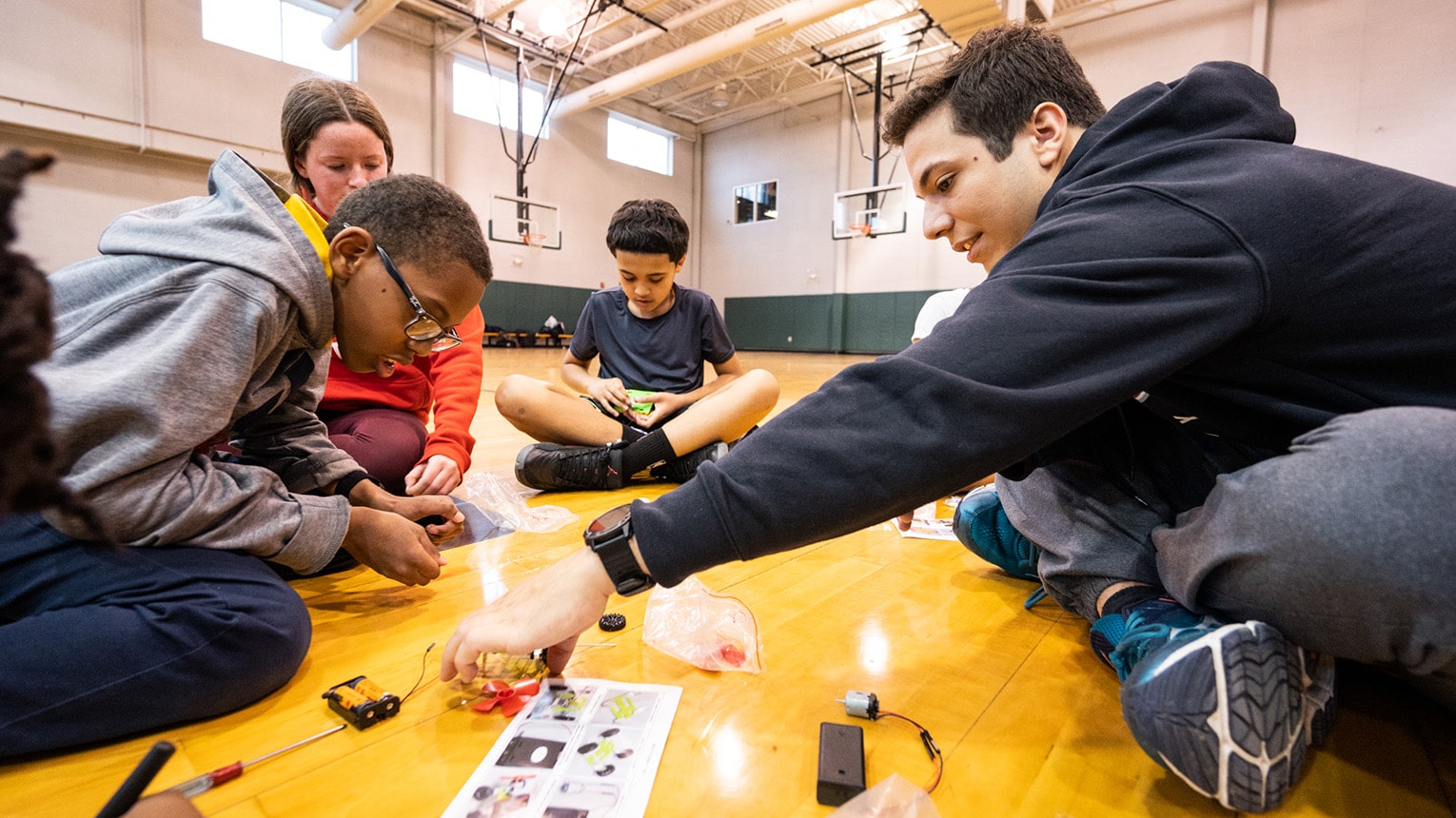
Grounded in Fairfield University's Jesuit, Catholic mission to share its intellectual resources for the betterment of the community and to educate students to be socially and morally responsible.
The Center for Social Impact connects community and campus to create high impact academic opportunities that address local, national, and global challenges and develop individuals committed to creating a more just and equitable world.
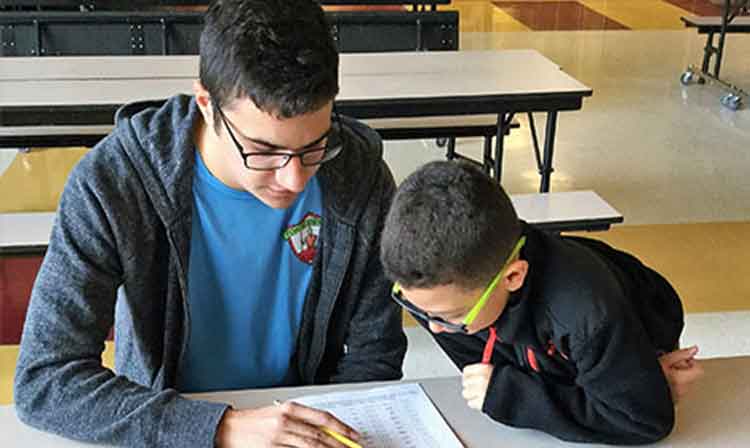
Community-Engaged Learning programs link academic study and community service, so that each is strengthened and both are transformed.
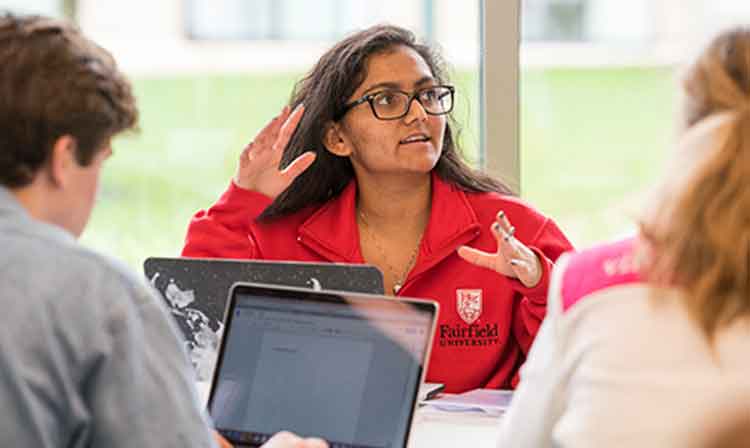
Community-Engaged Research organizes learning and knowledge-sharing opportunities and provides strategic data analytics support for community organizations.
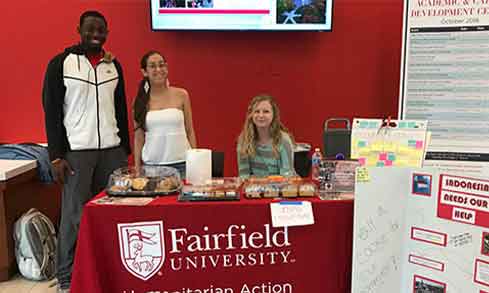
Humanitarian Action initiatives raise awareness about humanitarian issues and build skills and strategies for effective and compassionate action.
Fairfield University offers intentional learning opportunities for faculty, staff, and students to develop a civic identity and a commitment to being persons for and with others. Through an institutional commitment to community-engaged learning, direct service, civic and democratic engagement, and cultural exchange, our programs seek to create a positive social impact and prepare our students to be socially just and ethical members of our campus community and of the local, national, and global communities to which they belong.
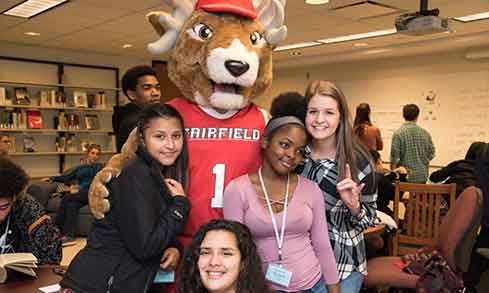
Center for Social Impact connects community partners with faculty and students to build learning opportunities for our students that also meet community-identified needs.
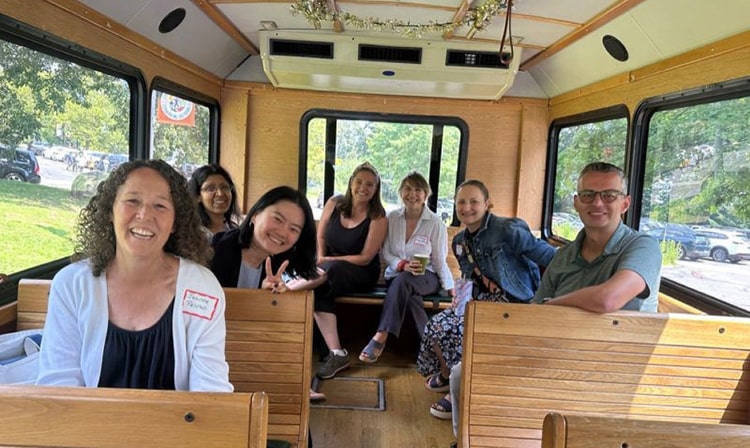
Curious about how you can get involved with the Center for Social Impact as a faculty member? We’ve got you covered!
Community engagement is at the heart of Fairfield University’s mission as a modern Jesuit Catholic institution to “develop the creative intellectual potential of its students and to foster in them ethical and religious values and a sense of social responsibility.” Our commitment to pursuing academic excellence in the Ignatian tradition invites our students, faculty, and staff to develop an ongoing intellectual and spiritual practice of encounter, reflection, and action. Community engagement welcomes local and global partners into that practice with the dual purpose of enacting social change and fostering mutual learning.
Fairfield University earned the Carnegie Foundation’s Classification for Community Engagement in 2008 and was re-classified in 2015. As such, the University has adopted the below definition for community engagement, drafted by the Carnegie Foundation and commonly utilized throughout higher education. Community engagement describes the collaboration between institutions of higher education and their larger broader communities (local, regional/state, national, global) for the mutually beneficial creation and exchange of knowledge and resources in a context of partnership and reciprocity. The purpose of community engagement is to generate positive impact for communities and the campus by enriching research; enhancing teaching and learning; preparing educated and engaged citizens; strengthening democratic values and civic responsibility; addressing critical societal issues; and contributing to the public good (Carnegie Foundation, 2011).
Our engagement with local and global partners is grounded in the Ignatian commitment to a faith that does justice for the betterment of communities and the creation of a more just and equitable world. We work in solidarity with institutions and organizations across the globe in the pursuit of equity and social and economic justice.
Community engagement at Fairfield exemplifies our institutional values of inclusive excellence and radical hospitality, two pillars of our Diversity and Inclusive Excellence Mission Statement. To realize these ideals, we employ anti-oppression and anti-racist frameworks, pedagogies, and strategies throughout our work. We are committed to building partnerships that are ethical and sustainable. Our initiatives leverage the expertise and assets of both the University and community partners in pursuit of the common good.
Fairfield University develops in students a well-educated solidarity. This approach prepares them for informed democratic engagement and to lead their communities with empathy, critical rigor, cultural humility, and a determination to promote social justice. Our collaboration with local and global partners creates experiential learning opportunities for students built on a process of reflective practice and discernment which contributes to their holistic intellectual and personal development.
We believe that engagement with community partners expands possibilities for exchanging and creating knowledge that includes the perspectives of those traditionally excluded from the academy. In the context of these reciprocal partnerships, all are teaching and all are learning equally together.
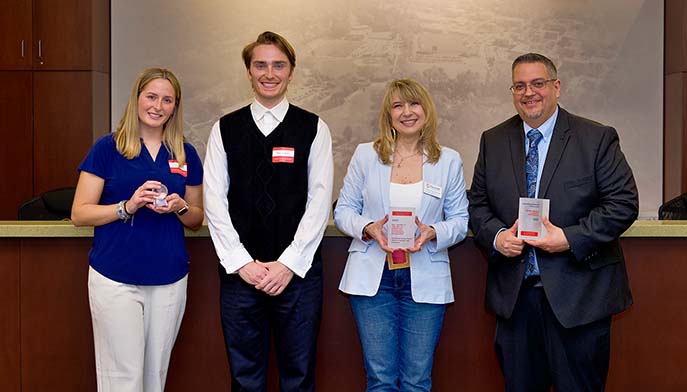
At the 19th Annual Awards Celebration, faculty, staff, students, community partners, and alumni gathered in celebration to recognize honorees for their excellence in community-engaged teaching, research, and humanitarian action.
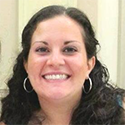

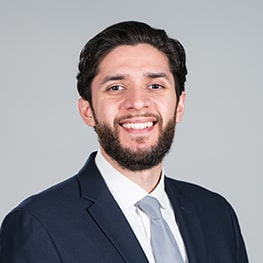


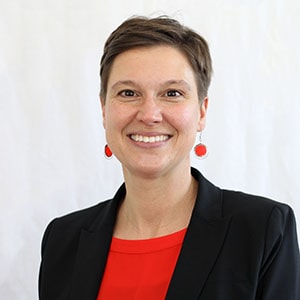
Mary Ryan Cunningham ’76
Chair
Lindsay Clayton
Senior Campaign Performance Manager, Philips
Charles MacCormack PhD
President Emeritus, Save the Children
Julio Martinez ’07
Senior Credit Manager, Osterman & Company
Rich Miller-Murphy ’78
Executive Director, New York Blood Center (Retired)
Nicholas Napolitano
Provincial Assistant for Justice, Ecology and Reconciliation, Jesuits USA East
Kurt Schlichting ’70
Professor Emeritus, Sociology and Anthropology; Former E. Gerald Corrigan Endowed Chair in the Humanities and Social Sciences
Melody Serafino ’05
Co-Founder and Partner, No. 29 Communications
Ana Siscar
Immigration and Naturalization Attorney, Fairfield, CT
Dan Sullivan, Jr. ’73
Executive Chairman, Collette Travel
Ashley Toombs ’07
Lead, Climate Change, BRAC International
Directions to campus and an interactive map of Fairfield University can help you locate us for all your needs. Our offices are located both downtown and on campus—at 1720 Post Rd. and in the Fredrickson Family Innovation Lab, DiMenna-Nyselius Library, respectively.
